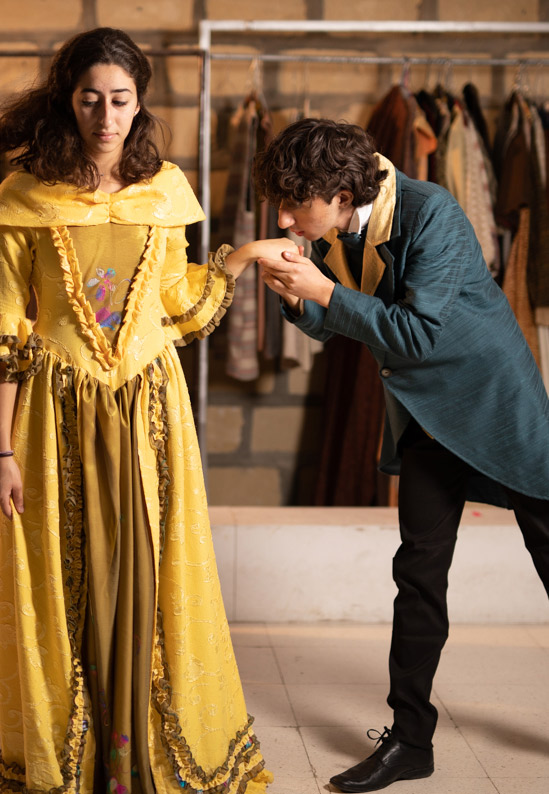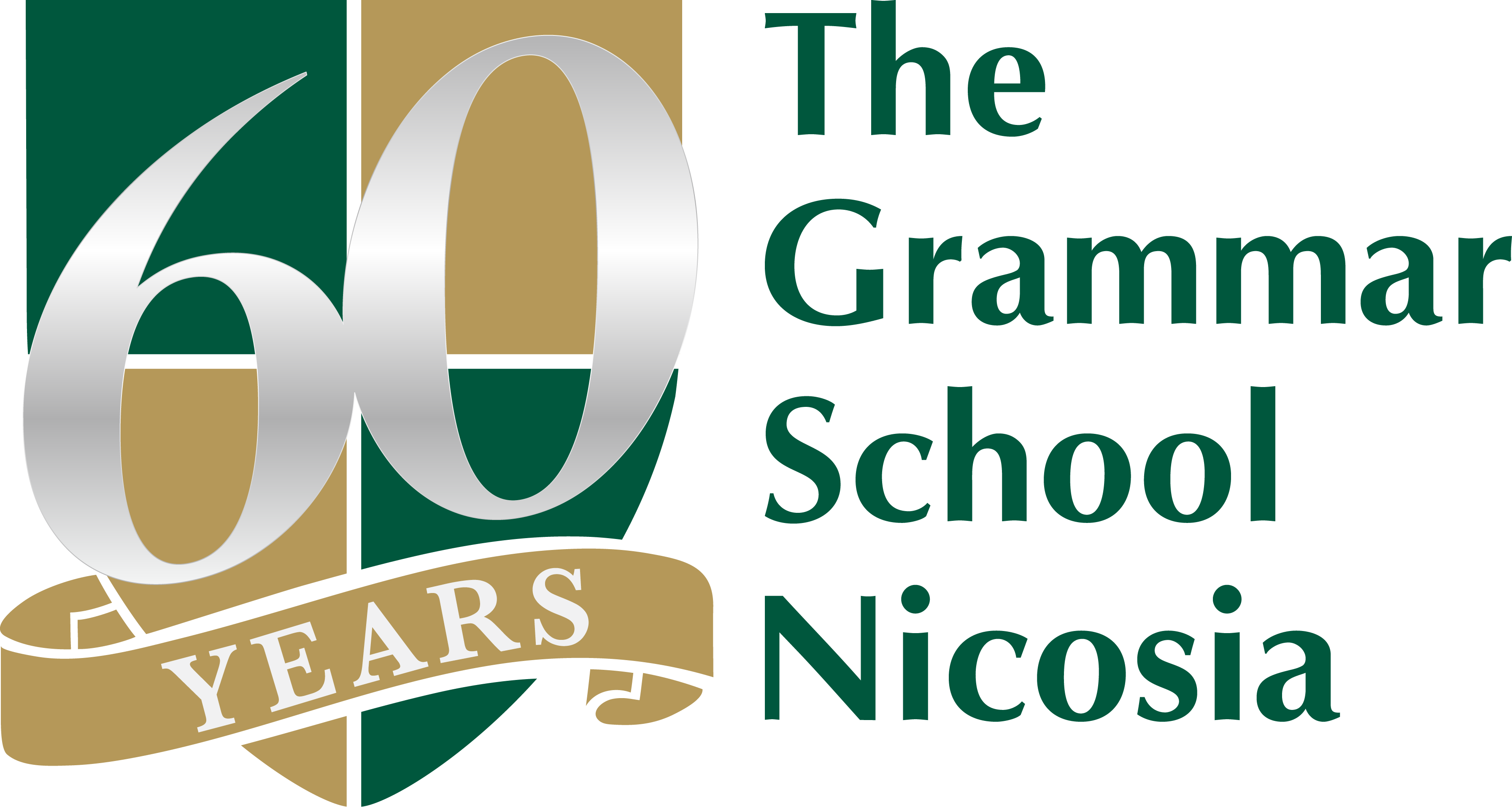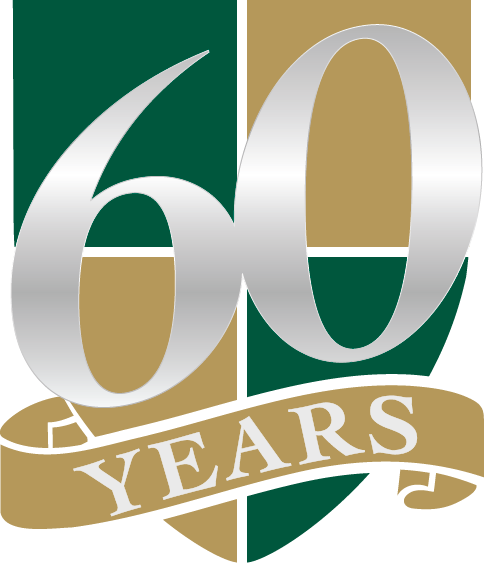EXPLORE
School Profile
Admission Policy
The School’s Admission Policy applies to academically able and promising students irrespective of ethnic background or religion. Entrance Examinations are held in Spring. The Grammar Junior School students are exempt from the Entrance Examinations. A student must pass both subjects (Mathematics and Greek for Greek speakers and Mathematics and English for non Greek speakers). Placement examinations are held for students wishing to enter Classes 2, 3, 4 and 6 only, provided there are vacancies. These examinations include Mathematics and English as well as an interview.
Academic Information
For the first 3 years all students receive a general education and all lessons are conducted in English except Modern Greek, French and Religious Knowledge. In Class 4 and 5, students follow IGCSE courses in Mathematics, Modern Greek and English which are obligatory and choose a further 5 elective subject choices. Upon completion of Class 5 students take the IGCSE examinations.
In Class 6 and 7, students follow the Advanced Level GCE examination courses in 3 or 4 subjects of their choice. A Level Greek is taken at the end of Class 6 and students may opt to take AS Level examinations in their elective subjects. At the end of Class 7 they take A Level examinations. Grammar School students also receive a School Leaving Certificate (Apolytirion) at the end of Class 7.

Extra-Curricular Activities
Grammar School students are encouraged to become members of different clubs so they acquire skills to prepare for university and to contribute to society. For example, students can enhance their debating skills in the Debating Club or extend their knowledge of the environment by participating in the Environment Club. They have the opportunity to volunteer and help the local community through the Social Work Club. The prestigious Cultural Evening event enables students to realize their potential in music, drama and dance.
European Educational Programmes
The European Educational Programmes involve various events where students have the opportunity to play the role of decision-makers and deal with a broad spectrum of issues. These issues focus on current real-life problems regarding the environment, the global economy, scientific developments, regional and global political affairs and social issues. Through these programmes, participants have the chance to meet students from other countries and develop useful skills such as research, debating, public-speaking and presentation skills.

The Duke of Edinburgh International Award
The Duke of Edinburgh’s International Award is offered annually at the School. It is an exciting self-development programme with 3 levels from Bronze through to Gold:
- BRONZE is for those 14 years or over. The minimum period of participation to gain this Award is 6 months
- SILVER is for those 15 years or over. The minimum period of participation to gain this Award is 12 months
- GOLD is for those 16 years or over. The minimum period of participation to gain this Award is 18 months



